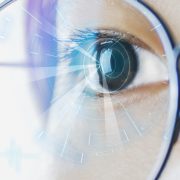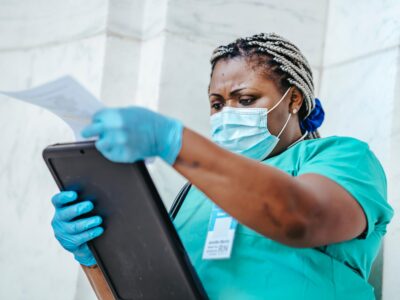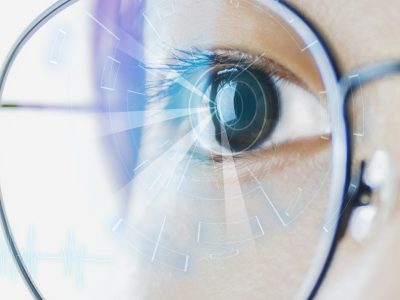From social distancing to flattening the curve, the coronavirus pandemic has forever changed our understanding of these two terms. Several months ago, it felt as if these terms didn’t exist and now, they are virtually everywhere. The same thing is happening with “herd immunity.”
As the virus continues to spread, health officials are anxious to reach what’s known as herd immunity, at which point the virus won’t be able to spread as quickly, thus preventing future outbreaks. Essentially, this means most people will already have been exposed to the virus, so they will be much less likely to get sick and pass it onto others.
Health officials are still trying to figure out if this idea can be applied to the novel coronavirus, but it may be our best line of defense until a vaccine hits the market.
The Origins of Herd Immunity
The term “herd immunity” comes from the agricultural industry. Disease can easily spread from wildlife to livestock. As these animals gather in large groups, a single infection can easily wipe out an entire herd. Farmers rely on herd immunity to eschew widespread casualties.
To achieve herd immunity, most of the herd needs to have been exposed to the virus. They may get exposed through a vaccine or through contact with other animals. The livestock will then have antibodies in their systems, which should give them immunity from the disease in question. From then on, if a single animal gets infected, the disease won’t spread as quickly or as far among the herd.
How Does it Relate to the Coronavirus?
We can apply the same idea to the coronavirus pandemic. Once enough people have been exposed to the virus with antibodies in their systems, future outbreaks will be much less likely to occur, so the healthcare community will have the resources to manage new infections without getting overwhelmed.
For example, if a person gets infected with COVID-19 and they go to a concert or a party, they may interact with dozens of people in close quarters, but they will only pass the virus onto one or two other people instead of five or six. Most of the attendees will have immunity, thus limiting the severity of future outbreaks.
Currently, health officials believe that at least 60% of the general population will need to have been exposed to the virus in order to reach herd immunity. This threshold changes for every virus. For example, measles has a herd immunity threshold of 95%.
In the case of coronavirus, most infections will likely be either asymptomatic or mild, so most people should be able to recover from the illness and carry on with their normal lives without being hospitalized.
Will it Actually Work?
There’s still a lot we don’t know about the coronavirus and how it spreads. Herd immunity should apply to this novel disease, but it may be too good to be true.
For one, it’s not clear whether individuals can build up immunity to the virus. Health officials still believe that those who have already been exposed or gotten sick are much less likely to get sick again, but it’s not clear how long this new immunity will last. There are also several reports from China that indicate the nature of the virus may be changing over time, which could put this entire theory on ice.
Sweden has been working on a “herd immunity experiment” for months. The country already has one of the lowest infection rates in the world. It never imposed a strict lockdown. Bars, restaurants, and schools did not close. Instead, the country used the trust system. People were free to go about their business, and most adhered to the latest safety practices, such as wearing a mask and avoiding large groups. Officials hoped this would lead to a gradual spread of the virus, so a large portion of the population would have antibodies in their system without overwhelming the healthcare industry.
Several months later, it looks like the country is still far away from reaching herd immunity. Studies show just 6.1% of the population has tested positive with antibodies in their system, which shows us that many people still have yet to be exposed.
Many health experts agree that herd immunity may be our best defense against the virus until a vaccine becomes available. No one should intentionally expose themselves to the virus to achieve immunity, but we should see more people getting antibodies in their systems as more states continue to reopen. When a vaccine does become available, it will safely expose more people to the virus, helping us reach herd immunity much faster than we can on our own.

















